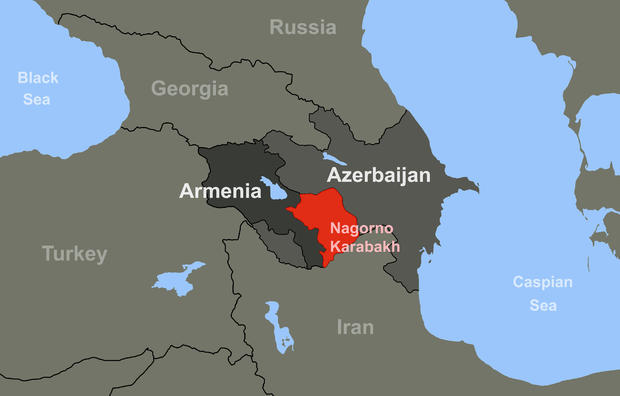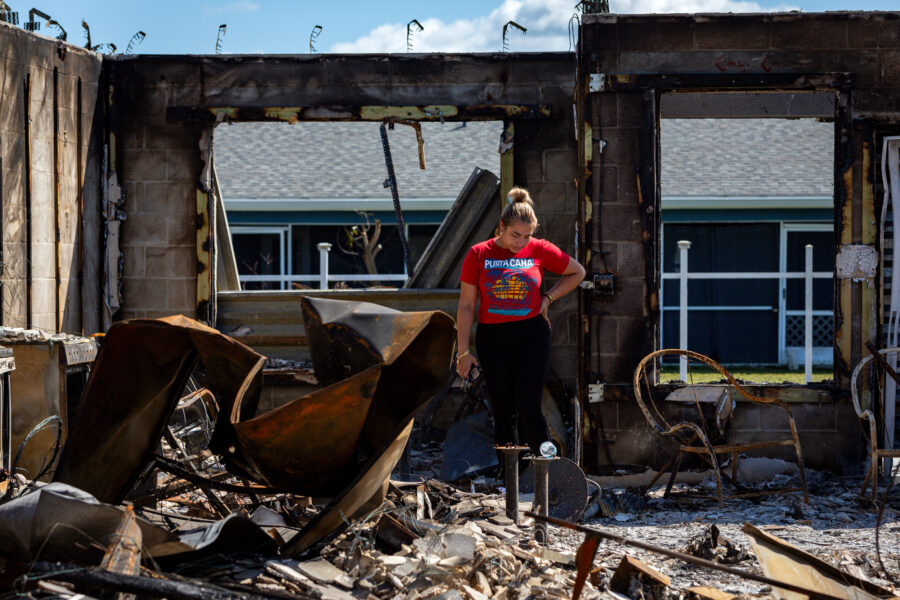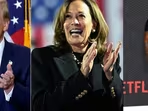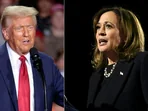Ceasefire appears to avert war between Armenia and Azerbaijan, but what's the Nagorno-Karabakh dispute about?
London - A day after Azerbaijan launched an offensive in the disputed Nagorno-Karabakh region, ethnic Armenians there said they agreed to ceasefire terms proposed by Russia. The terms include the complete disarming of local Karabakh forces.
But explosions could still be heard in Nagorno-Karabkh's capital after the ceasefire came into effect, according to CBS News partner network BBC News. Below is a look at what's behind the long-simmering conflict that has claimed thousands of lives in the region.
What is Nagorno-Karabakh?

Nagorno-Karabakh is a region that lies between Armenia and Azerbaijan. It sits within Azerbaijan's internationally recognized borders, but is predominantly populated by ethnic Armenians.
Both Armenia and Azerbaijan were part of the former Soviet Union, and as Soviet rule was coming to an end in the 1980's, the autonomous legislature of Nagorno-Karabakh voted to join the country of Armenia. When the Soviet Union collapsed and Armenia and Azerbaijan gained statehood, Nagorno-Karabakh declared its independence, intending to unify with Armenia. But war broke out between Armenia and Azerbaijan over the region, resulting in tens of thousands of casualties and hundreds of thousands of people being displaced from their homes.
What's behind the latest violence between Azerbaijan and Armenia?
A 1994 ceasefire left Nagorno-Karabakh as a de facto independent region, but with close ties to Armenia. There were intermittent clashes until September 2020, when heavy fighting broke out for seven weeks, killing and wounding tens of thousands more people. Azerbaijan regained control over most of the territory it had lost, and only a small land corridor was left connecting Nagorno-Karabakh to Armenia.
In recent months, tension has risen as Azerbaijan tightened its grip on that small land corridor in order to cement its military gains. Ethnic Armenians in Nagorno-Karabakh complained of shortages of medicine and food.
On Tuesday, Azerbaijan said it had launched a new "local anti-terrorist" military operation within the region, demanding the dissolution of the unrecognized pro-Armenian government. Officials in Nagorno-Karabakh have said that at least 32 people were killed in the most recent violence, and 200 more wounded.
Azerbaijan said officials would meet Nagorno-Karabakh's Armenian representatives to discuss "issues of reintegration" on Thursday.
What roles do other major powers play?
The Minsk Group — part of the Organization for Security and Cooperation in Europe (OSCE) co-chaired by Russia, the United States and France — was created in 1994 to try to bring a permanent end to the conflict. It has the power to organize negotiations between Armenia and Azerbaijan.
After failed attempts by all three Minsk Group co-chairs, Russia finally brokered the 1994 ceasefire that halted the fighting, as well as eventually brokering a deal that stopped the renewed hostilities in 2020.
As part of that 2020 deal, Russia, which is committed by treaty to defend Armenia in the case of military escalation, said it would send peacekeepers to patrol the corridor between Nagorno-Karabakh and Armenia. But Armenia has complained in recent months that Russia hasn't done enough to protect ethnic Armenians in the region, or to ensure the corridor remains open for essential goods to reach the population.
The United States has been vocal in its support for Armenia in recent years, but its NATO ally Turkey has pledged to support Azerbaijan should a conflict erupt in the region.
- In:
- Azerbaijan
- Russia

Haley Ott is an international reporter for CBS News based in London.
TwitterDisclaimer: The copyright of this article belongs to the original author. Reposting this article is solely for the purpose of information dissemination and does not constitute any investment advice. If there is any infringement, please contact us immediately. We will make corrections or deletions as necessary. Thank you.
Title:Ceasefire appears to avert war between Armenia and Azerbaijan, but what's the Nagorno-Karabakh dispute about?
Url:https://www.investsfocus.com









